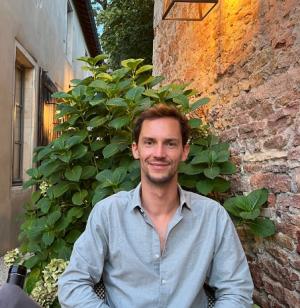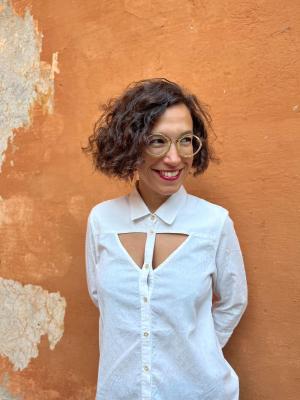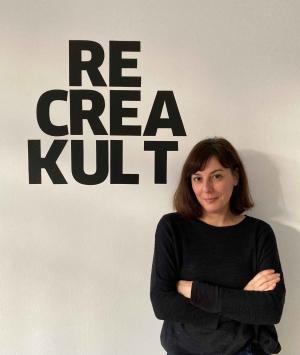
Examples of articulation in the Circular Economy
The current economic model poses a major threat to our society and our environment in terms of natural resource depletion, waste generation and ecosystem degradation. It is a linear economic model, based on extraction, production, consumption and disposal.
The transition to a circular consumption and production model represents a paradigm shift in the way we produce and consume. The circular economy seeks to produce goods and services by making use of resources and reducing the consumption of raw materials, water and energy sources. It avoids waste by preserving the value of products, components and raw materials.
Sustainability is not only a purely environmental issue. Its scope goes far beyond that, and it becomes a fundamental social and economic issue.
In this session, three collaborative experiences on the Circular Economy will be presented, which will tell us about their achievements but also about the difficulties they have had when carrying out the project and having to articulate the different agents involved in it. This will be followed by a group dynamic to reflect on what has been heard in the presentations and to think about the steps that should be taken to implement similar initiatives in our city.
Location
Speakers
Organizer



